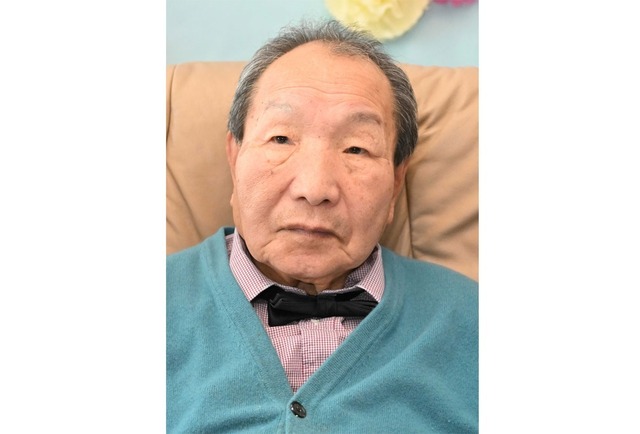Iwao Hakamada, recognised as the world's longest-serving death row inmate, is reportedly seeking approximately 600 million yen in compensation from the Japanese government. This lawsuit comes after Hakamada spent nearly half a century in prison for a crime he has now been acquitted of. The compensation is meant to cover the irreparable damage done to Hakamada's life, including lost opportunities, reputation, and health.
In Japan, the public is generally sensitive and sympathetic to such cases of judicial oversight, recognizing the severe implications for the wrongfully accused. The current legal structure in Japan does provide mechanisms for compensation, but many believe it insufficient due to the substantial life changes endured by the accused. Hakamada's case, in particular, has sparked lengthy discussions about the justice system's fault lines and the death penalty.
Similarly, in the US and EU, cases of wrongful conviction often lead to significant public outcry and calls for legal reform. The US can potentially offer much larger sums as compensation, and in the EU, much emphasis is placed on rehabilitation and social reintegration. Hakamada's case parallels many such cases worldwide, highlighting the global need for a more robust, error-resistant justice system.

